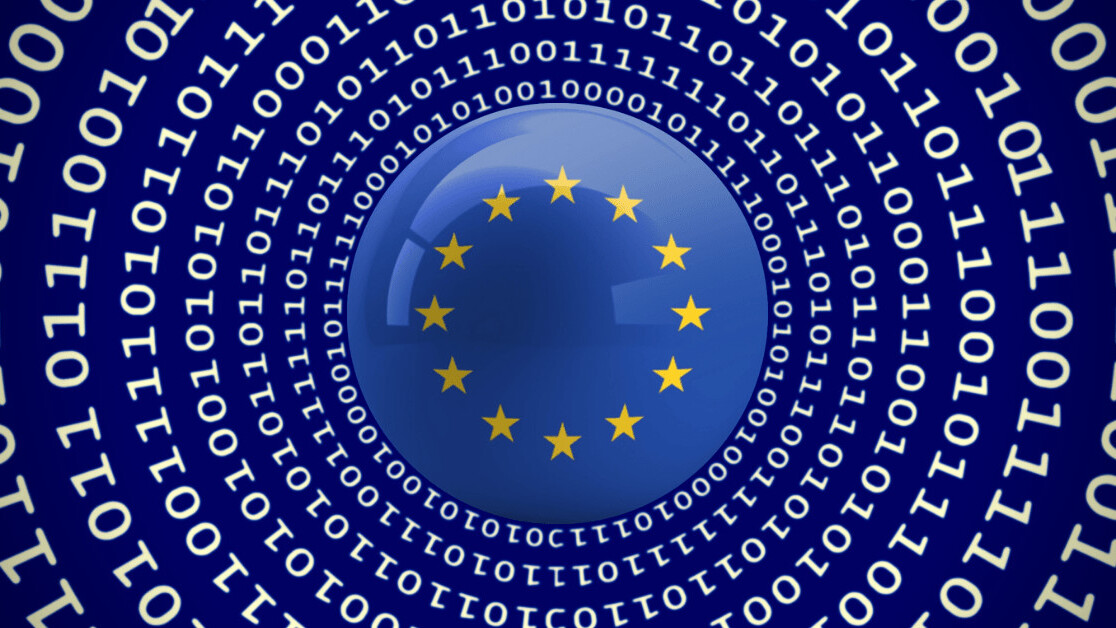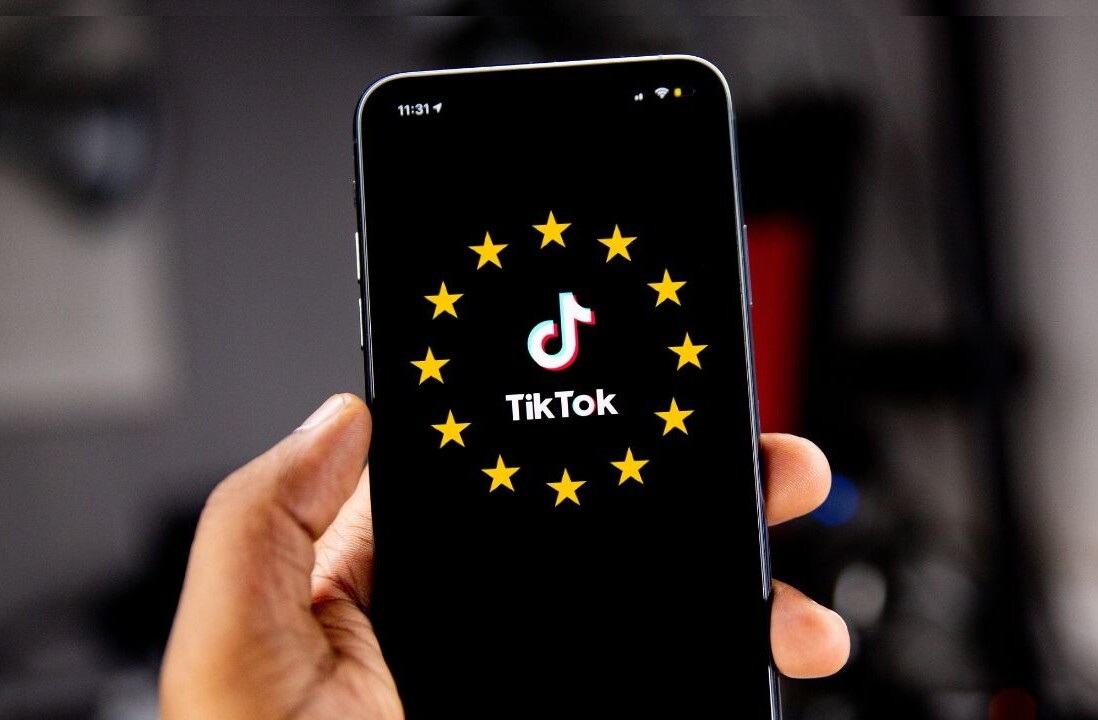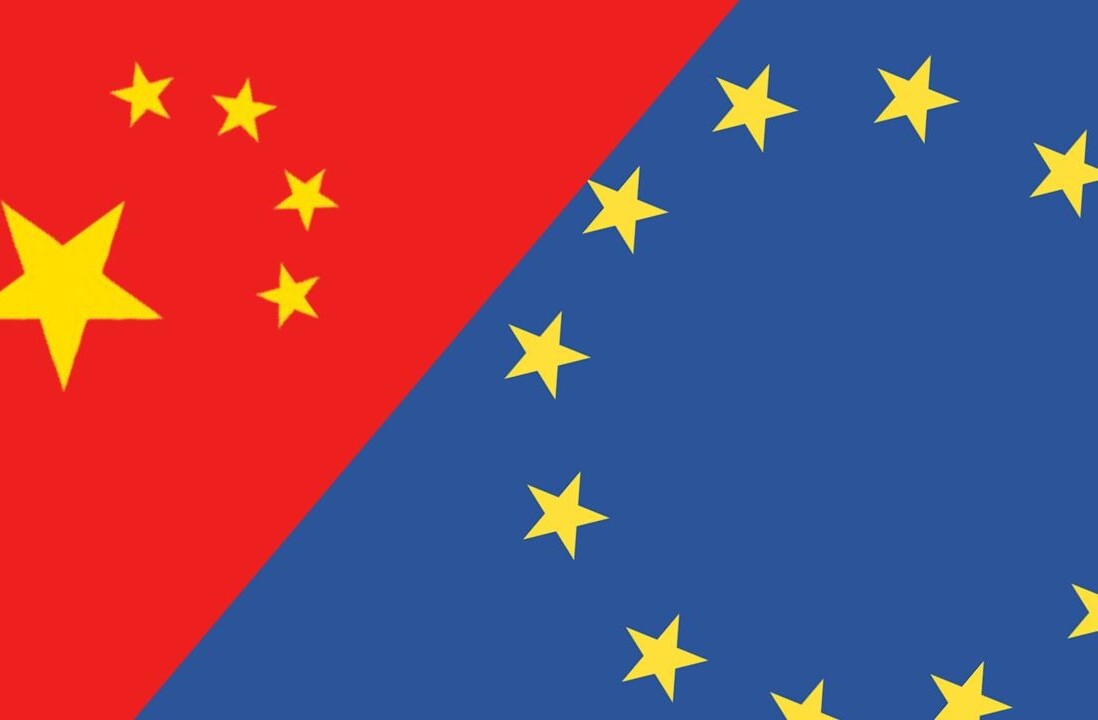
After a long and arduous process, the pivotal moment for EU’s controversial Copyright Reform has arrived. On September 12, the 751 members of the European Parliament (MEPs) will have a final decisive vote on the hotly debated reform, cementing the Parliament’s position before opening negotiations with national governments.
The Copyright Reform already passed in committee back in June, but opponents of the new legislation managed to push for a plenary, which allows all MEPs to weigh in, instead of only a 25 person committee.
TNW recently spoke to lovers and haters of the Copyright Reform in-depth, but the controversy of the proposed reform can be boiled down to two contested articles, number 11 and 13 — which would effectively establish link tax, censorship machines, and ban memes.
Article 11 (a.k.a. link tax) would force anyone using snippets of journalistic online content to get a license from the publisher first — essentially outlawing current business models of most aggregators and news apps. This can also possibly threaten the hyperlink and give power to publishers at the cost of public good.
Article 13 (a.k.a. censorship machines) will make platforms responsible for monitoring user behavior to stop copyright infringements, but basically means only huge platforms will have the resources to let users comment or share content. There’s a worry that this could lead to broader censorship, with free speech vehicles — like parody, satire, or even protest videos — potentially untenable under this system.
Both sides have accused each other of working on behalf of big corporations. Those who are in favor of the proposed Copyright Reform say the opposition is fearmongering by suggesting the bill includes censorship machines and that the only big tech companies like Google will be hurt by the reform.
However, opponents of the new legislation argue that the reform is being pushed through for the benefit of rightsholders — like major news conglomerates — at the cost of freedom of speech, the free internet, and smaller platforms.
Julia Reda (Pirate Party, Greens-EFA), one of the most prominent opponents of the reform, told TNW that the vote is too close to call at the moment and it could go either way.
In July, the European Parliament rejected the previous version of the directive with a narrow majority. The supporters of upload filters and the link tax have made some cosmetic changes and are claiming that they have taken the criticism into account, but fundamentally they still include upload filters and restrict the freedom to link.
I hope that my colleagues won’t be fooled by these attempts to put lipstick on a pig, and will vote for one of the real compromises on the table.
The sides also disagree on whether the reform will protect all rightsholders, but many artists have voiced their concerns over it and sided with the opposition.
I see that the dodgy EU copyright clauses are back again. Here’s @doctorow on what they are and what they mean. https://t.co/Ebrru6EhmV The vote is on Wednesday. Talk to your MEPs.
— Neil Gaiman (@neilhimself) September 10, 2018
Reda hopes the vote will remove upload filters, as well as any restrictions on hyperlinking (Article 11 and 13). However, what’s difficult about tomorrow’s vote is that there are many possible outcomes. Reda says it’s difficult to foresee what happens if the reform passes, as it depends on which version of it actually goes through.
Very few MEPs are advocating for the rejection of the directive, because it includes important improvements, for example for authors when negotiating with publishers, as well as for public access to works that are no longer commercially available.
If upload filters and the link tax prevail in the final version of the directive, we might see no more links to news articles on Wikipedia or social media. Small publishers would suffer from lack of exposure. Platforms would install very restrictive filters to shield themselves from liability, those filters would often delete even your legal uploads.
These measures are by no means limited to YouTube and Facebook, they would also apply to the likes of Kickstarter, Bandcamp, Patreon, or DeviantArt, platforms that are there to support small creators. Since filtering technology is really expensive, smaller platforms may close down their services to users in the EU altogether. It would be the European public and independent artists losing out, while only the media giants — as well as the largest technology companies who could sell their filtering technology — would profit.
The European Parliament will vote on the new Copyright Reform tomorrow, September 12.
If you’re a European citizen and feel strongly about this issue, you can find information on how to contact your representative here.
Get the TNW newsletter
Get the most important tech news in your inbox each week.




